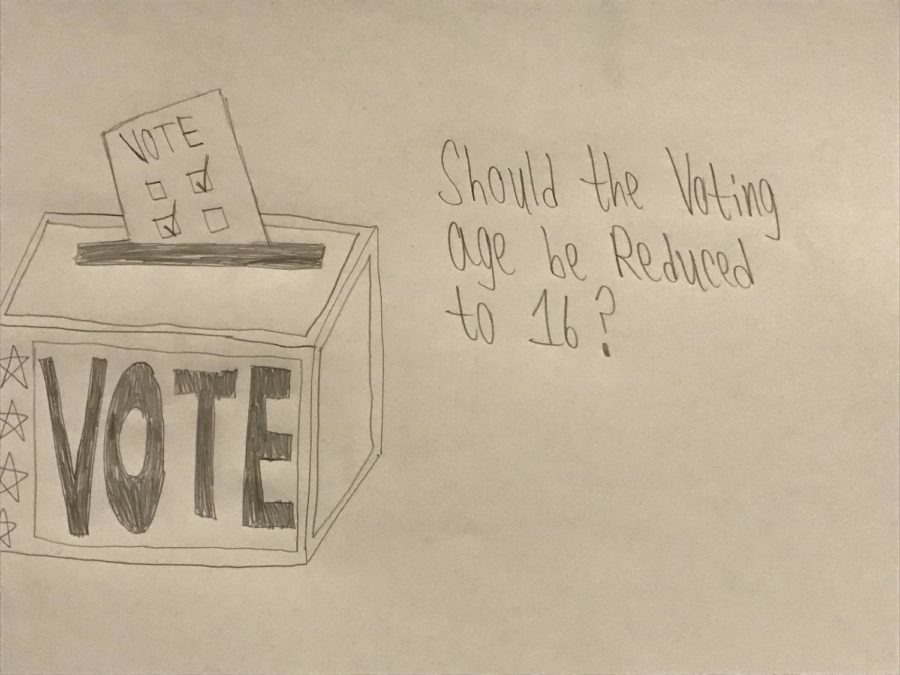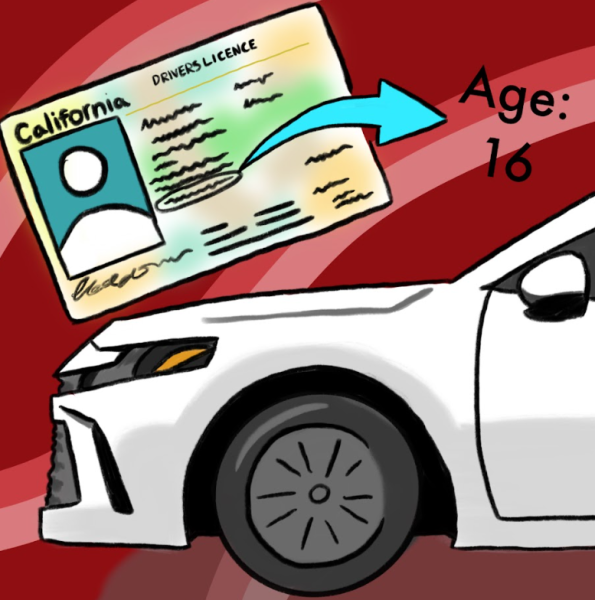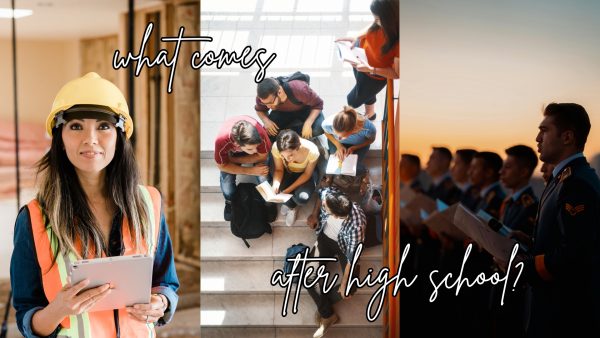Should the Voting Age Be Reduced to 16?
Picture by Pranesh Kumar
In the wake of political events such as the Parkland shooting, the youth in America have become far more involved in politics. Regarding issues such as gun violence, newly engaged youth activists from upper level schools have joined forces with activists from underprivileged schools. Many high school students have become more involved in politics and are genuinely concerned with making a difference in the world. For instance, students are traveling across the country, organizing voter registration drives, and educating their peers on all the major events going on in our world. The stereotype that people under 18 years of age are too immature to vote is slowly becoming a “thing of the past.” As a result of the changes in America’s political dynamic, the minimum voting age should be reduced to 16 years of age.
One of the main arguments towards keeping the voting age at 18 is that the teenage brain is not fully developed at the age of 16. Many older voters in particular believe that high school students who are given the privilege to vote would think impulsively instead of wisely deciding who is the best option. However, when determining whether teenagers are intellectually capable of making rational decisions, it is important to understand the concept of “cold” cognition.
Cold cognitive abilities are based on the idea that there is time to think over a situation and that logical reasoning needs to be used to make decisions. Therefore, voting is a great example of a cold cognitive ability. Studies of cold cognitive abilities have shown that the skills to make informed decisions are fully developed by the age of 16. Furthermore, at the age of 16, many students are at a more stable stage in their life compared to when they reach age 18 and have to transition into the process of adulthood. In fact, more students would be motivated to vote at the age of 16, allowing for greater participation in the voting process.
Another argument often proposed in regards to lowering the voting age is that young adults turn out in the lowest numbers to elections. Though this has been a trend for many years, it is misleading to say that 16 and 17 year olds would not choose to participate in elections. There are a few cities in the United States, including cities in Maryland, that have already passed a law for 16 and 17 year olds to vote. Based on the voter turnout to general elections, it turns out that the voters under the age of 18 had a much higher turnout than that of young adults above the age of 18. 16 year olds are not disturbed by the difficulties of college and the stresses of managing their money, making it more likely for teenagers to make the decision to vote. Not only that, but the fact that politics has become more “entertaining” in recent years has made younger people anxious to get involved in the decisions by which they are heavily affected.
When the United States passed the 26th constitutional amendment to lower the voting age to 18, it passed by an overwhelming majority. The amendment passed because it was unfair that people could be drafted to Vietnam but not given the right to vote. A similar statement can be said for students who, as high schoolers, are already participating in the workforce and volunteering in the community. It is often assumed by the older generations of our country that our youth are too hot-headed to make any sensible decisions regarding the legislation of our country. However, in a time when students are more empowered than ever, voter turnout is at an all time low, and politics is becoming more divided than ever, it makes sense for the American government to make the right to vote more readily accessible to the future generation of our country.

Hello! My name is Pranesh Kumar, and I am a Copy Editor for the QHHS Ubiquity Virtual Edition. As a fourth-year student of Journalism and an IB Senior,...








